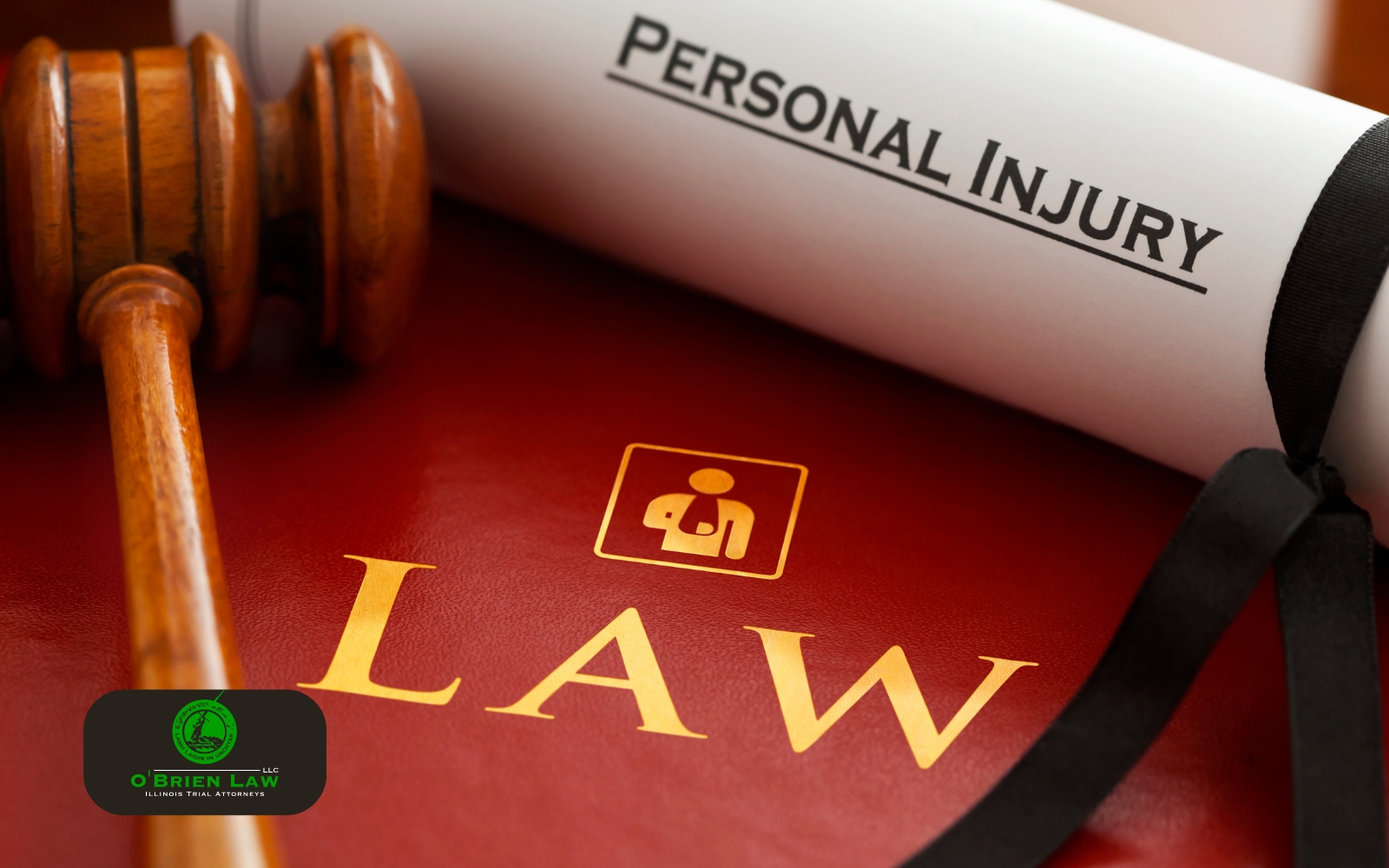Social media is part of daily life for many people, but if you’re involved in a personal injury case, your posts could do more harm than good. What you share online can potentially be used as evidence against you, even if it seems unrelated or harmless. Understanding how social media can affect your personal injury claim is essential to protecting your rights and strengthening your legal position.
Insurance Companies Are Watching
One of the first things insurance adjusters or defense attorneys may do is search your social media accounts. If you post photos, check-ins, or updates that suggest you’re not as injured as claimed, your case can suffer. For example, suppose you’re pursuing compensation for a back injury but post a photo hiking with friends. In that case, it can raise questions about the severity or validity of your injuries, even if the activity was brief or staged for appearance.
Posts Can Be Taken Out of Context
Even innocent or unrelated content can be misconstrued. A smiling photo or upbeat status update doesn’t necessarily mean you’re pain-free, but it could be used to suggest you’re not experiencing emotional or physical distress. Social media lacks context, and once a post is public or even shared with a limited group, it can be discovered, saved, and used in court to weaken your claim.
Privacy Settings Aren’t Foolproof
You might think that setting your accounts to “private” keeps your posts safe. Unfortunately, this is not always the case. Courts can issue subpoenas for private content if it’s deemed relevant. Additionally, mutual friends or followers can unknowingly or intentionally share your posts more broadly, giving opposing counsel access to what you thought was hidden.
Best Practices During a Case
- Limit or pause social media use while your case is ongoing.
- Avoid discussing your case, injuries, or legal process online.
- Don’t accept new friend requests from people you don’t know personally.
- Ask friends and family not to tag you in posts or photos.
- Consult your attorney before sharing anything that could be interpreted negatively.
Protect Your Claim
Your online presence is part of your digital footprint, and in legal matters, it’s fair game. A single post can undermine months of medical treatment and legal strategy. Being cautious about social media isn’t about hiding the truth; it’s about ensuring your case is judged on facts, not assumptions or appearances.


